Stories
Abdul Razak Aziz shares his approach to Social Enterprise
Mar 25, 2022 by Adrihani RashidBanner Image By : null
SELANGOR, Malaysia - Abdul Razak is the Chief Seeder of SEEDS Malaysia, a family-run enterprise that he founded with his wife, Intan Jailani. Together with their children, Razak and Intan have made it their life’s mission to bring sustainability to the Malaysian masses, and to help individuals and organisations achieve their environmental goals.
Razak is currently lending his expertise to People for Peat by serving on our Panel of Experts, sharing his time, experiences, and expertise with the team and our Business Hub Accelerator Programme Cohort Members. We sat down with Razak to learn more about his passion for sustainable living, and what drives him to share his extensive knowledge with others.
Razak and his wife Intan are a warm and hospitable pair, and their home is a clear reflection of that. On arrival, our team is ushered into a large and airy dining area, with wide open windows. The space is fresh and welcoming, just like the family that lives within it. In their home compound, Razak and Intan have set up a food forest, an edible garden, a herd of goats, a training centre, and a series of compost piles that feed the land and keep things fertile.
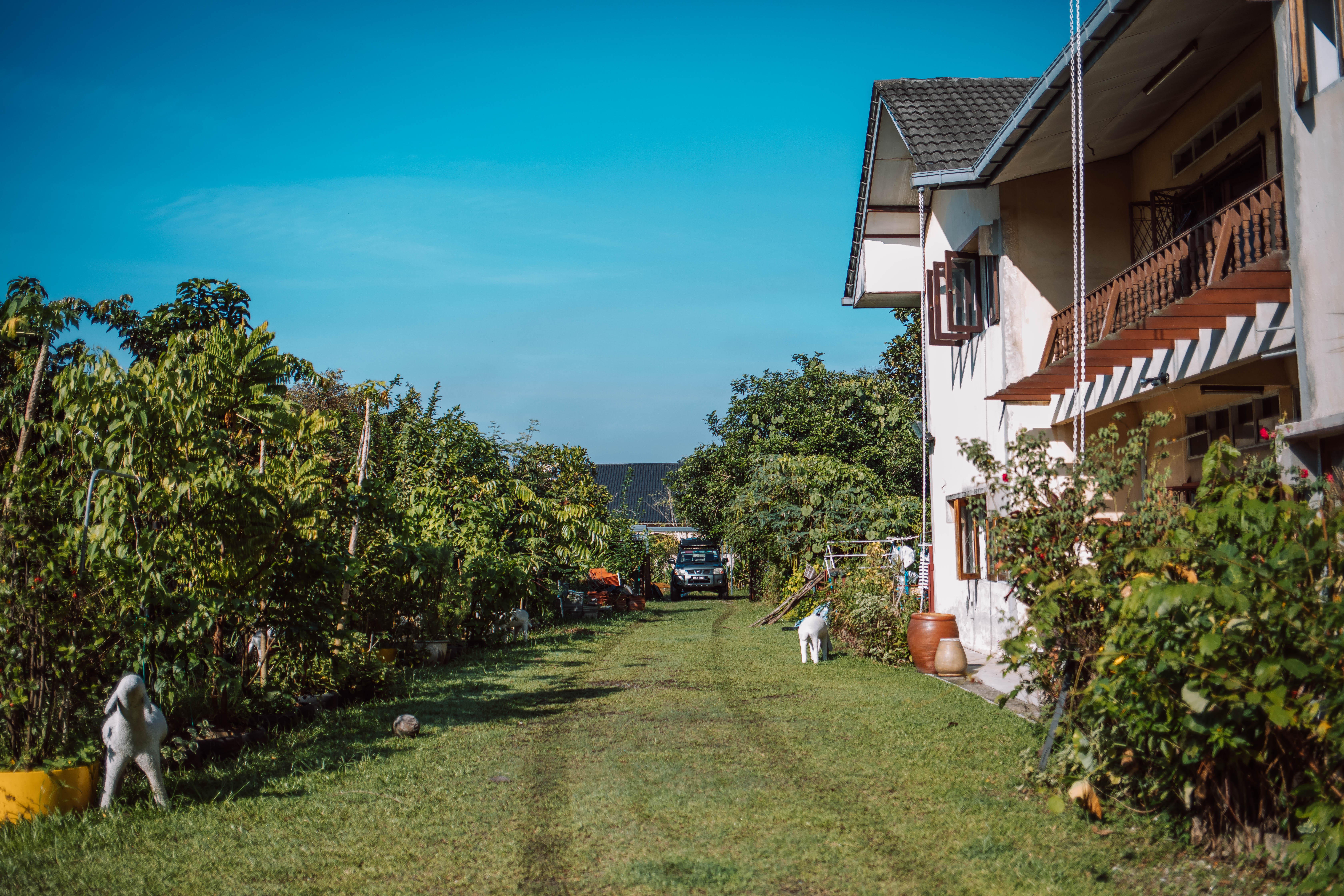
He tells us about his organisation, SEEDS Malaysia or Social Eco Enterprise Development for Sustainability, which as Razak puts it, works on “literally anything under the sun for sustainability. We get involved with understanding the concepts behind it, the methodologies, and how one would adapt it in various situations. We teach and empower young leaders especially, with a special focus on community leaders, so that they too can embark on the things we have done.”
He describes their home, or “habitat”, with great excitement, telling us all about the many ways in which he has set it up to be more sustainable. Razak and Intan are always experimenting, and talk openly about what works and what doesn’t.
“We have solar energy. We used to have a wind turbine which we tried on the farm, but that didn’t go well, because there was not enough wind. They’ve tried out various sources of alternative energy, trying to figure out the best way to reduce their reliance on the electricity grid. Beyond that, they work on reducing the energy needed in the first place - by designing their home in a way that leverages on natural solutions such as cross-ventilation.
The home and training centre is clearly a labour of love, and the little details reveal Razak’s approach to farming, business, and development. Everything he does is bottom-up - with farming, he starts with the soil. “It’s all about the soil - brown, living soil.”
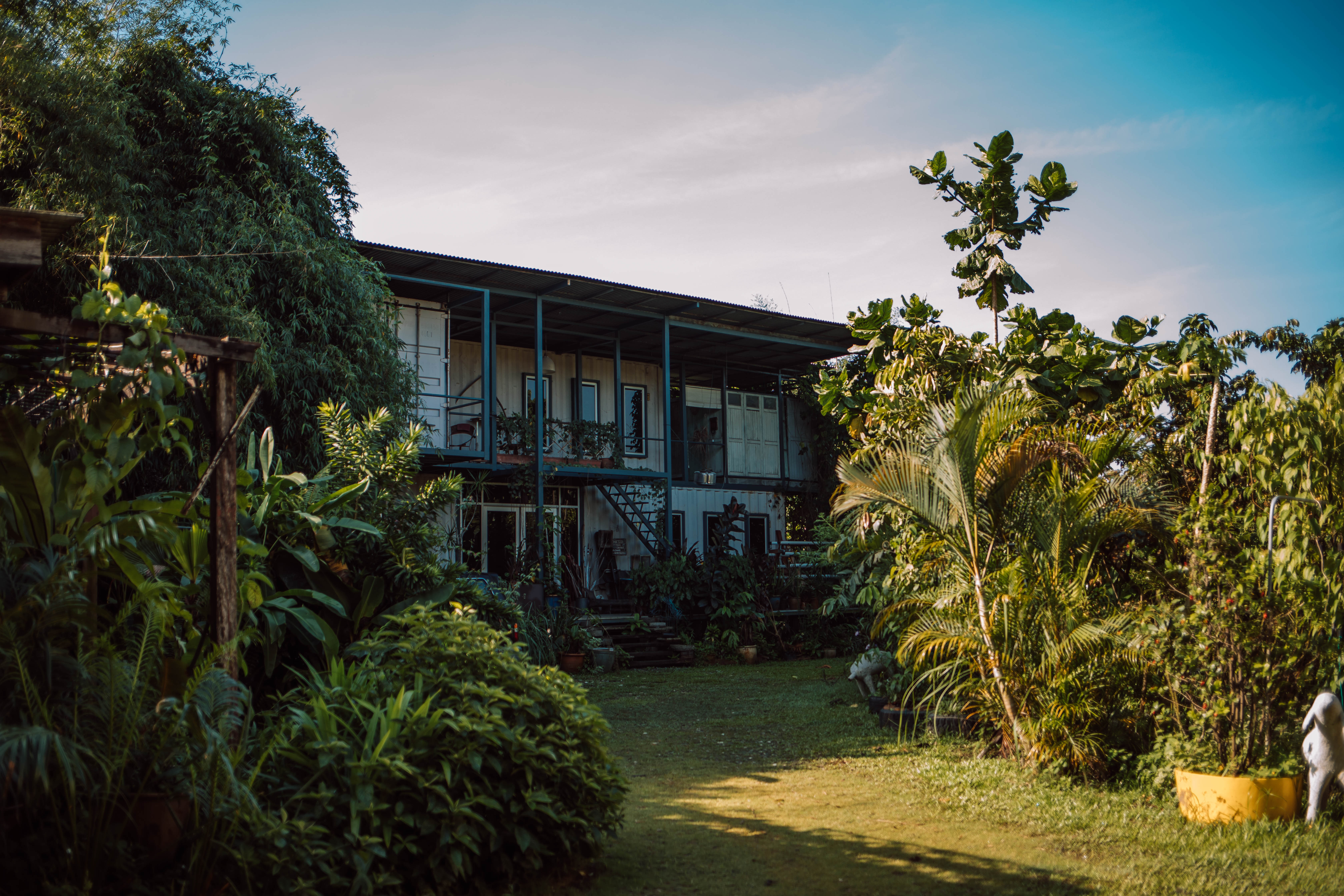
“A lot of my friends keep saying, “Razak, takpelah, you have green fingers”. Trust me, it has nothing to do with green fingers. It has nothing to do with many things that we were brainwashed with. It all has to do with what we did just now - living soil.”
He’s referring here to a composting workshop that he just ran for our Business Hub Accelerator Programme Cohort Members, Wild Wild Pigs. When it comes to entrepreneurship and solving bigger problems, like regional haze, he also believes in a bottom-up approach.
“People are getting more results with ground-up initiatives. Communities and individuals are doing something.”
“People are getting more results with ground-up initiatives. Communities and individuals are doing something.” He talks of a man in India, who planted trees all alone for nearly 40 years, which is today a jungle. The man is of Jadav Payeng, the Forest Man of India, who has famously been planting one tree a day on Majuli Island since 1979. “One person. All it takes is one person. And he’s been doing it. To me, that’s the total icon for a hero.”
He may not brag about it, but Razak himself is a hero too. On top of his work with SEEDS Malaysia, Razak has been lending his expertise to People for Peat, sitting on our Panel of Experts. When it comes to communities, in this case peatland communities, he tells us to start with the nuclear family, then to their immediate community, and only then can you address the bigger picture of problems. Everything is intertwined, and any solutions must take that into consideration.
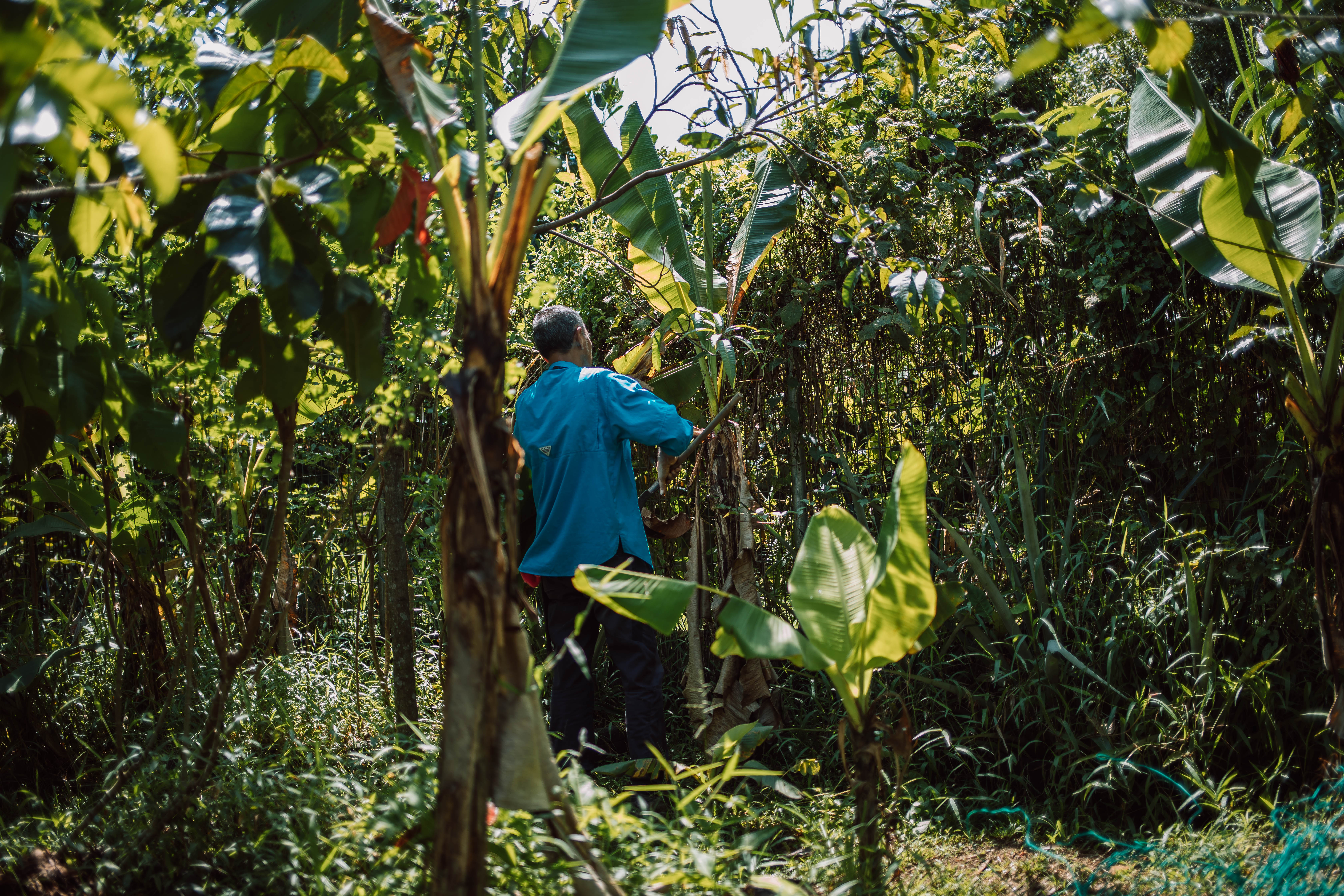
“For example, Wild Wild Pigs is a farm, they have tourism, but they have other bits and pieces of farming that need to be understood, how they can relate to one another.
If someone else is doing coconuts, you may want to do a subset of the coconut industry in order to complement that. Then, it’s integrated farming for both you and the other communities. Things like that need to be addressed.” Understanding the local context, the needs of the community, and what already exists in the land, is key. “It must be a sense of understanding who they are, what they are, and what they really need based on the locality of their space.”
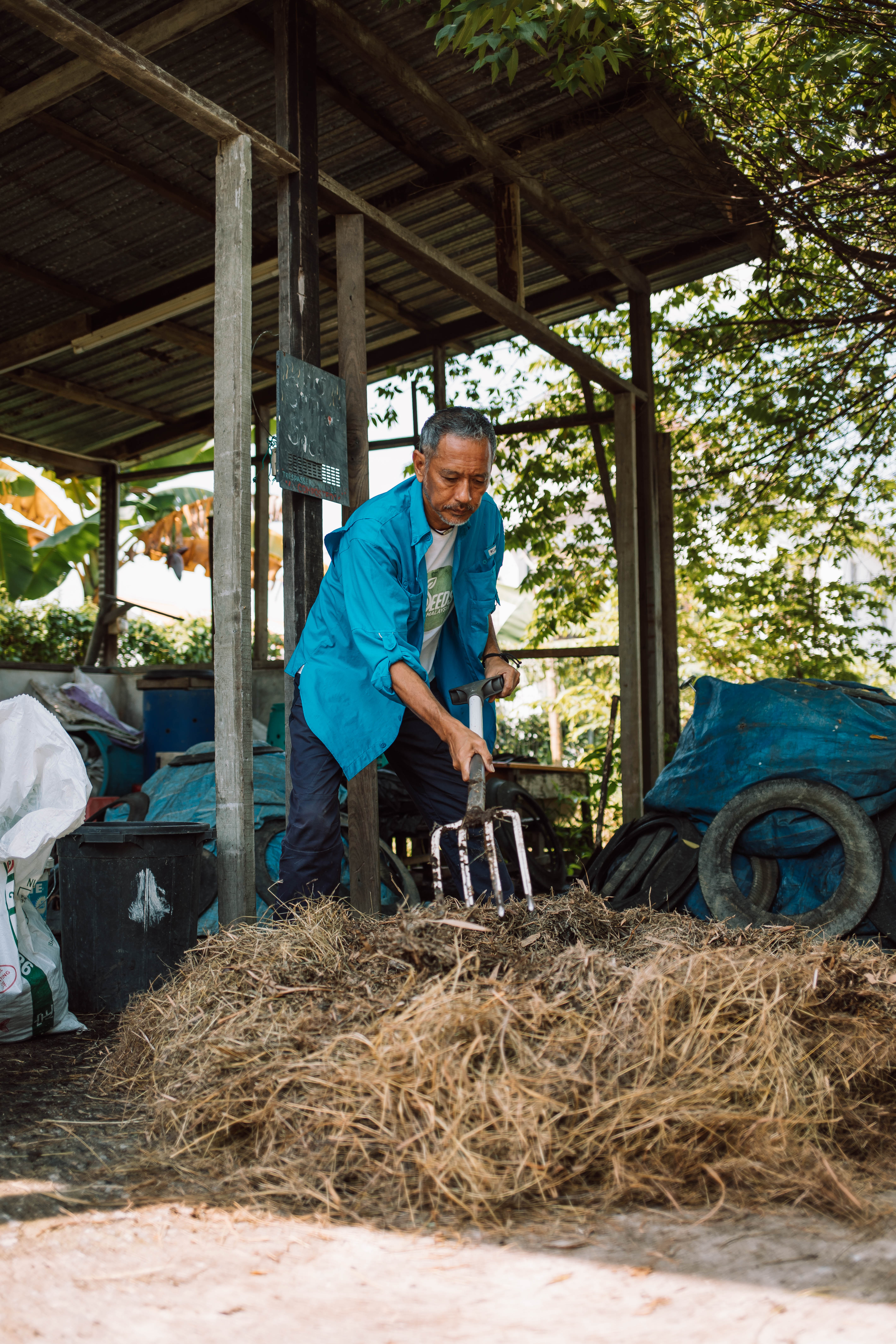
That bottom-up approach has clearly worked for Razak, coupled with his passion for learning and adventure. When asked what his motivation was, Razak told us that simply the opportunity to learn was motivation in itself.
In fact, Razak’s venture into farming was an adventure in itself. Razak and Intan are both designers, who left their successful careers to work on farming, starting out with zero knowledge of agriculture. The origin story begins with Razak’s father, who at 82 years old told his son that he had “always wanted a farm”.
As Razak puts it - “it was a no-brainer. Just do it, for him".
“You know, I keep saying this to everyone. If me and Intan, just two designers who know nuts about planting and agriculture can jump into it, and we have over the years learned the process, then anyone can actually do it.”
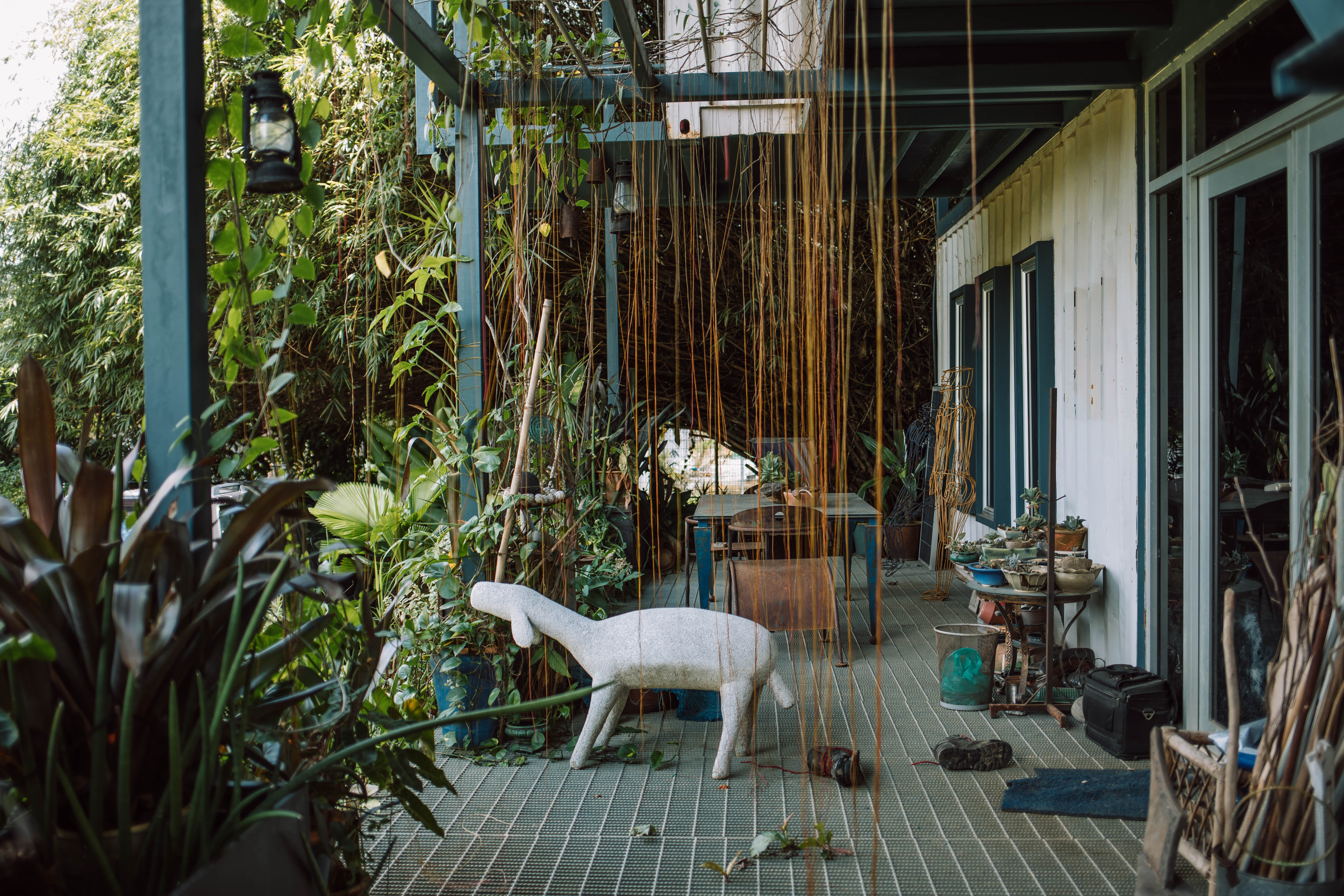
On People for Peat, Razak tells us why the project excites him, and what he hoped to see for the Cohort Members, particularly Wild Wild Pigs in the Philippines, who he has been working with closely.
“I see a lot of pure intention there, and that also acts as motivation. This is how I see our network. I don’t have to kowtow or go down to people who don’t want anything but money.
But with us, it’s all about the intention. We may not know it, most of the time we don’t have a clue, we’re just jumping into it, but along the way we’ll find the possible solutions, and when it’s done, it’s always a very rewarding exercise.”
Abdul Razak runs SEEDS Malaysia with his wife, Intan, and their children. He sits on our Panel of Experts and has been sharing his expertise in permaculture, integrated farming, and animal husbandry with our Business Hub Cohort Members, helping them work towards a sustainable livelihood on peatlands.
Learn more about the Business Hub Accelerator Programme here.